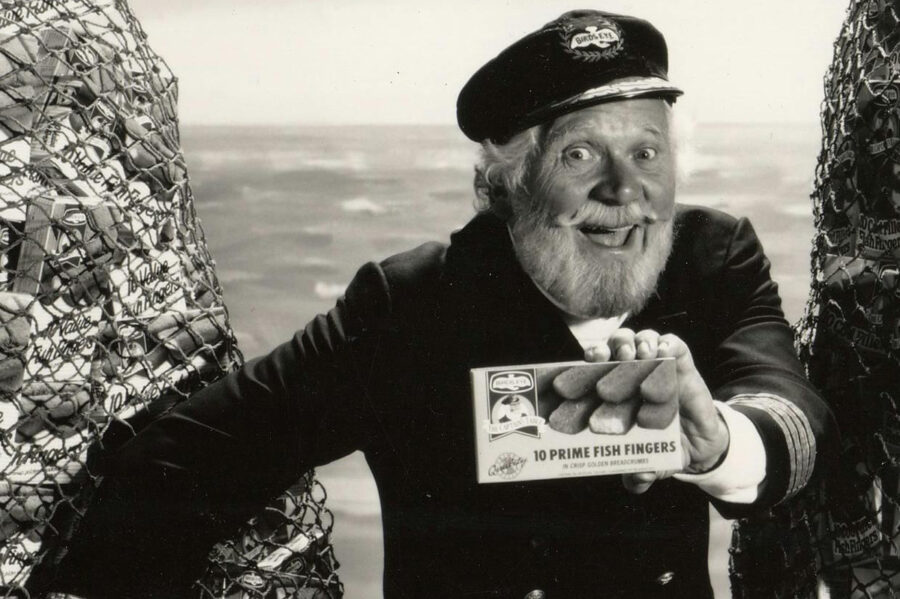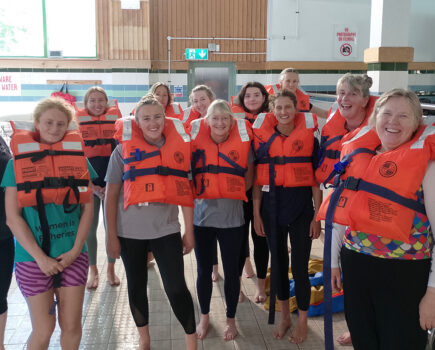A new report released last week takes aim at some of the world’s largest seafood companies, documenting a lack of transparency in their operations that, the authors say, leads to the risk of billions of pounds-worth of seafood entering world markets that has derived from illegal fishing, or involves dubious human rights practices across the seafood supply chain.
Up to 20% of the seafood entering global markets comes from illegal sources, say the authors of the Farm Animal Investment Risk and Return (FAIRR) report, with the largest seafood companies often only paying lip service to issues such as crew safety and welfare, IUU fishing, sustainability of stocks and even hygiene practices aboard vessels.
Among the seven giant companies evaluated and criticised for lack of transparency are the UK’s Nomad Foods, owner of such iconic seafood brands as Birdseye and Findus.
The net result, the report suggests, is that fishing vessel owners that adhere to best practice are being put at a competitive disadvantage, being undermined by fishing and seafood companies that ignore international standards to buy the cheapest raw materials.
Such complaints have been raised before many times by the UK fishing industry, which is competing against generic imported seafoods that are undermining prices and demand for UK fish that is caught to some of the highest standards in the world. The difference here is the stature, and financial power, of the companies investigated in the report.
Thirty-five institutional investors, including some of the largest investment companies in the world, have put their weight behind the new FAIRR initiative. Between them they represent a staggering $6.5tn in investment assets. The report is also endorsed by bodies as diverse as the United Nations Environmental Programme and WWF. In total, over 400 national and multi- national companies have joined the initiative.
Of the seven multinational seafood companies investigated, the report says only two have traceability commitments in place covering all their seafood operations. All seven have accepted that there is a long-term risk to their businesses from a lack of transparency, leading to the potential loss of fish available to them due to illegal fishing, habitat destruction and human rights violations – but all seven also acknowledge that they are not doing enough to address this issue.
The world seafood supply chain is worth a massive $150bn a year – more than for beef, chicken and pork combined – but is subject to a fraction of the regulation in force for meat products to protect consumers and prevent mis-selling.
Up to $30bn a year of this seafood trade is thought to be of IUU fish, despite efforts to clamp down on illegal fishing. At the very least, it is caught and processed to standards way below those required of the UK industry, giving such producers a huge competitive advantage.
Only two countries, Japan and the USA, have legislation in place to ensure that consumers are buying seafood that is fully traceable and meeting national standards. Over the last three years, the USA has progressively tightened rules, banning the import of most Russian seafood and closing down supply routes for Chinese seafood that is produced using forced labour. Much of the fish once routed to the USA from these countries is now heading to the UK and Europe, where legislation is much looser.
Sofía Condés of FAIRR said: “With 20% of global wild-caught seafood still coming from IUU fishing activities, the true origin of fish remains unclear. For investors, this isn’t just a matter of transparency – it’s an escalating financial and reputational risk.”
Eric Usher, speaking for the United Nations Environment Programme, said: “We are pleased to collaborate on the Seafood Traceability Investor Engagement, which underscores the critical role of investors in advancing sustainable practices in seafood supply chains.
“Full-chain, digital and interoperable traceability is a foundational step for ensuring transparency and supporting investors in making informed decisions that drive sustainability and resilience across the sector that align with the Sustainable Blue Economy Finance Principles.”
Mike Cohen, chief executive of the NFFO, welcomed the new initiative, telling FN: “Fishermen in the UK are used to working in an environment where everything they do is regulated and monitored. We know very well that this level of oversight does not exist in all jurisdictions.
“Despite this, our fishermen have to compete on the open market. Our industry is a price taker: we have no option but to accept the value that buyers and retailers place on the fruits of our labour. If those prices are unfairly depressed because British fishermen must compete with fish from unregulated fisheries and exploited workers, there is another injustice to add to that list.
“The government has been clear in its ambitions to grow the national economy, with our fisheries playing a part in this. That ethos offers us the prospect of fishing finally being treated as a modern, productive industry – not a sector in decline, or a conservation problem.
“Competing on an unjust and uneven playing field is a major impediment to that growth. A level playing field for all seafood entering the UK is both vital and fair, and will benefit fishermen, fisheries and the environment across the world, not just British fishermen.”
The full report can be seen here.
This story was taken from the latest issue of Fishing News. For more up-to-date and in-depth reports on the UK and Irish commercial fishing sector, subscribe to Fishing News here or buy the latest single issue for just £3.50 here.
Sign up to Fishing News’ FREE e-newsletter here.








